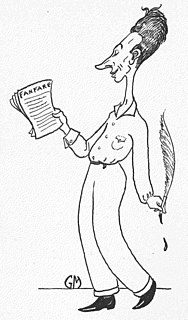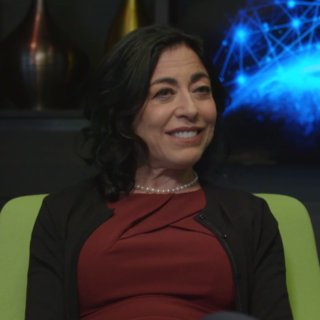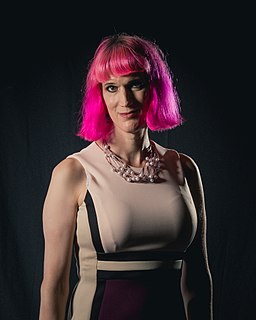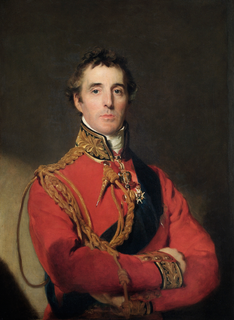A Quote by Burton Rascoe
American literature has been, and is, singularly deficient in established critics who have anything like a rational conception of their jobs. The majority, initiate in a few of the patent rituals of Aristotle and Quintilian, don the forbidding robes of high priests to Sweetness and Light, and go about their business much as if the idea were to keep all they know to themselves.
Related Quotes
Culture looks beyond machinery, culture hates hatred; culture has one great passion--the passion for sweetness and light. It has one even yet greater, the passion for making them all prevail. It is not satisfied till we all come to a perfect man; it knows that the sweetness and light of the few must be imperfect until the raw and unkindly masses of humanity are touched with sweetness and light.
You know, when a president is about to leave office, most of the time most people are dying for him to go on and get out of there. But there are a few little rituals that have to be observed. One of them is that the president must host the incoming president in the White House, smile as if they love each other and give the American people the idea that democracy is peaceful and honourable and there will be a good transfer of power
My own feeling about JJ, without knowing anything about him, was that he might have been a gay person, because he had long hair and spoke American. A lot of Americans are gay people, aren’t they? I know they didn’t invent gayness, because they say that was the Greeks. But they helped bring it back into fashion. Being gay was a bit like the Olympics: it disappeared in ancient times, and then they brought it back in the twentieth century. Anyway, I didn’t know anything about gays, so I just presumed they were all unhappy and wanted to kill themselves.
One of the things I always underscore when I teach criticism is that young critics, or would be critics, frequently have this illusion that if they write about music they're somehow part of music, or if they write about movies they're part of movies, or of they write about theater they're part of theater, or write about literature. Writing is a part of literature, we belong the species of literature. If you add all the music reviews together that have ever been written, they don't create two notes of music.
There are a few societies that show signs of having been very rational about the physics of construction and the physics of real life. Some of the old middle-Eastern societies had downdraft systems over whole cities, and passive, rapid-evaporation ice-making systems. They were rational people using good physical principles to make themselves comfortable without additional sources of energy.
"Connected" is the triumphal cry these days. Connection has made people arrogant, impatient, hasty, and presumptuous... I don't doubt that instant communication has been good for business, even for the publishing business, but it has done nothing for literature, and might even have harmed it. In many ways connection has been disastrous. We have confused information (of which there is too much) with ideas (of which there are too few). I found out much more about the world and myself by being unconnected.
There's been a greater awareness among people, especially geeks, that the laws of physics don't allow that much wiggle room in terms of things like faster-than-light travel, time travel, sending people to other planets. It's harder than we were aware a few decades ago. I think there used to be this widespread imagination, this idea that we'd eventually just hop in a rocket and go to Mars.

































